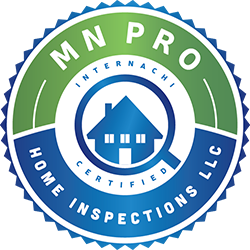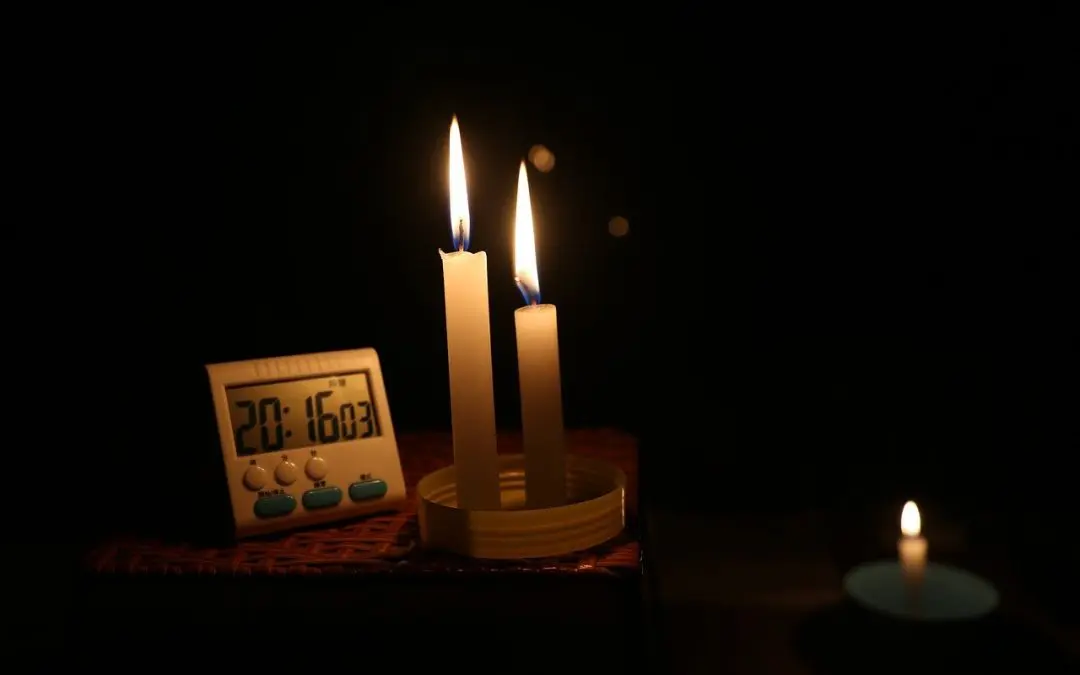In any season, there is a possibility that the electrical grid could fail. Some of the reasons are natural disasters including storms and fire, an accident, or utility maintenance. There are several things homeowners can do ahead of time to prepare for a power outage and there are some actions you should take if the electricity goes out.
Prepare Your Electronics for a Power Outage
To prepare for a power outage, purchase a surge protector for your electronics. For safety, use one on your entertainment center, in your office, and anywhere else you have computers or high-end electronics plugged in. These devices will help protect machines by monitoring and adapting to spikes in the voltage.
Turn Switches to the Off Position
When the utility company restores power, your house will get a surge of electricity. Turning off all but one of the lights will help reduce the surge. Unplug small appliances, such as coffee pots, electric toothbrushes, and microwaves. Leave one lamp or light on so you will know when the power has been restored.
Look Outside
To prepare for a power outage, save your utility company’s emergency phone number in your phone and write it down in a convenient, easily accessible place. This way, you will not have to attempt to locate the information in the dark. If the power goes off in your home, take a minute to look outside and see if your neighborhood has any lights on. It could be just your home or electrical panel that is having the issue. If the rest of the neighborhood has power, contact your utility company.
Backup Supplies
To be prepared for a power outage, make sure you have emergency supplies handy. If a well supplies your water, have three to seven days of drinking water on hand.
Purchase lanterns or flashlights and check the batteries often. When the lights are out at night, these are a better and safer alternative to candles. If you choose to use candles, do not leave them unattended, extinguish them before going to sleep, and have a fire extinguisher handy.
To Prepare for a Power Outage, Get a Generator
There are two main types of generators and either can get you through an electricity outage. One option is a portable generator, and depending on what size you purchase, it may be able to run a refrigerator. You will need heavy-duty extension cords to plug anything into these machines. They must operate outside because they produce carbon monoxide, which is a deadly gas. Do not attempt to use portable generators to feed outlets. This causes a back surge, which could injure anyone working on the power line or your home.
The alternative to a portable generator is a standby unit. These are set up to take over automatically when the power goes out. The machines are convenient and they can keep your household running, but they are more expensive than portable versions.
Don’t Open the Refrigerator
Since it is impossible to know how long the power will be out, keep the refrigerator closed. Most models can sustain the proper temperature for four hours, but that is only if you keep the door closed. If the power has been out for four or more hours, you may have to dispose of all perishable items like milk, meat, and leftovers.
MN Pro Home Inspections provides inspection services to the Twin Cities in Minnesota. Contact us to schedule an inspection.

